
Bethany Brookshire
Bethany Brookshire was the staff writer at Science News for Students from 2013 to 2021. She has a B.S. in biology and a B.A. in philosophy from The College of William and Mary, and a Ph.D. in physiology and pharmacology from Wake Forest University School of Medicine. She is also a host on the podcast Science for the People, and a 2019-2020 MIT Knight Science Journalism Fellow.

Trustworthy journalism comes at a price.
Scientists and journalists share a core belief in questioning, observing and verifying to reach the truth. Science News reports on crucial research and discovery across science disciplines. We need your financial support to make it happen – every contribution makes a difference.
All Stories by Bethany Brookshire
-
 Neuroscience
NeuroscienceLost sleep could mean lost neurons
A new study shows we may not be able to make up for chronic sleep deprivation. The protein SirT3 might protect us against late nights, but all-nighters may produce neuron loss.
-
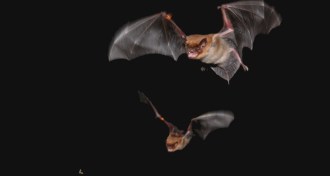 Animals
AnimalsBats’ dinner conversation may go over your head
Hunting big brown bats do more than echolocate. When male bats compete for a single prize, they send social calls to keep other bats at bay.
-
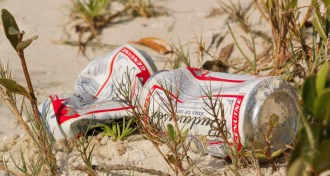 Neuroscience
NeuroscienceCalcium in alcoholism drug may be what prevents relapse
Acamprosate, one of the few drugs to treat alcoholism, may be nothing more than a vehicle for a calcium supplement.
-
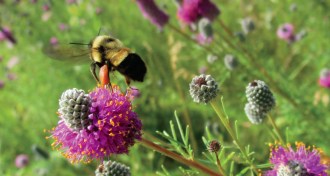 Ecosystems
EcosystemsDo your bit for bumblebees
The Xerces Society for Invertebrate Conservation and its partners have launched the Bumble Bee Watch website to track sightings. When you see a bee bumbling around, snap a photo.
-
 Animals
AnimalsSing a song of bird phylogeny
A new study challenges assumptions about birdsong, finding that the majority of songbird species have female singers.
-
 Animals
AnimalsChemical in male goat odor drives the lady goats wild
A new study shows that male goats exude pheromones from their skin that could make female goats ready to roll in the hay.
-
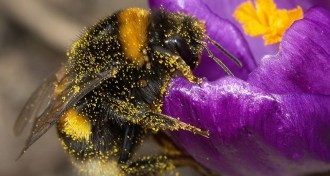 Animals
AnimalsMethylation turns a wannabe bumblebee into a queen
Epigenetic changes to bumblebee DNA turns a worker into a reproductive pseudo-queen, suggesting that genomic imprinting could be responsible for the bumblebee social system.
-
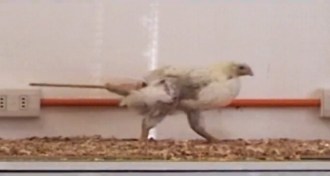 Animals
AnimalsA weighted butt gives chickens a dinosaur strut
Scientists put wooden tails on chickens to learn how small feathered dinosaurs moved, with results captured on video.
-
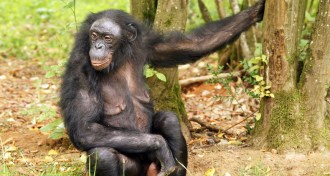 Animals
AnimalsBonobos feel the beat
Some animals, like cockatoos and bonobos, are able to move to the groove. Studying animals that keep the beat might tell us whether musical rhythm is really widespread.
-
 Health & Medicine
Health & MedicineYour epigenetics can be a pain
A new study shows that your epigenome can play an important role in pain sensitivity, potentially offering a new target that could make development of a more effective painkiller less of a ... pain.
-
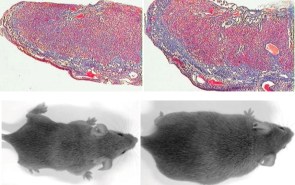 Life
LifeThe fluid part of semen plays a seminal role
We often think of reproduction as involving only sperm and egg. But a new study highlights the seminal role of liquid semen in fertility and healthy offspring.
-
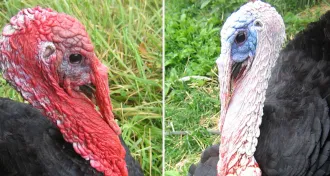 Tech
TechA turkey’s wattle inspires a biosensor’s design
A group of scientists from the University of California, Berkeley have developed a color-changing biosensor inspired by a turkey’s wattle.